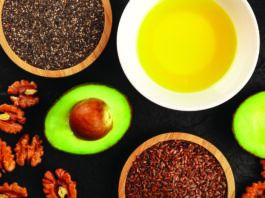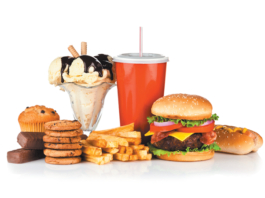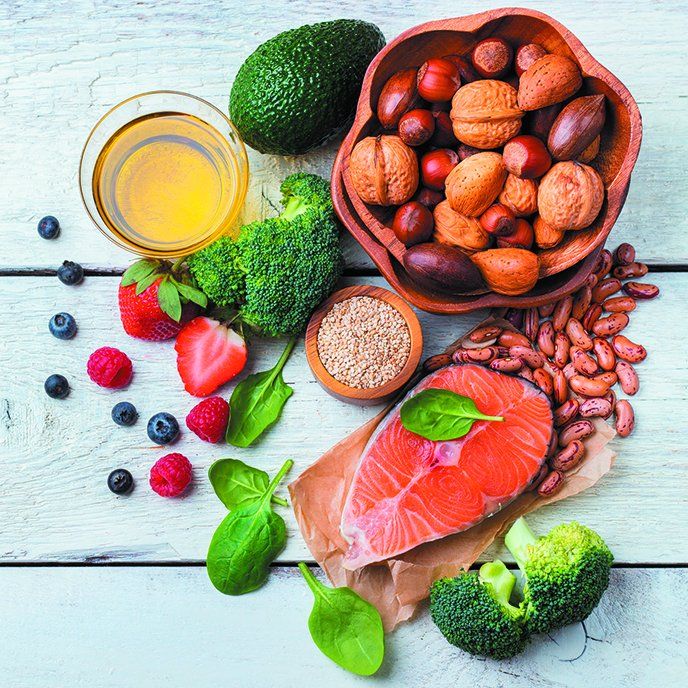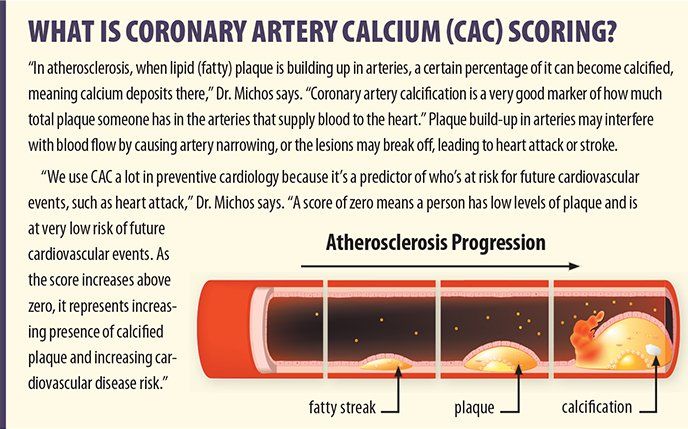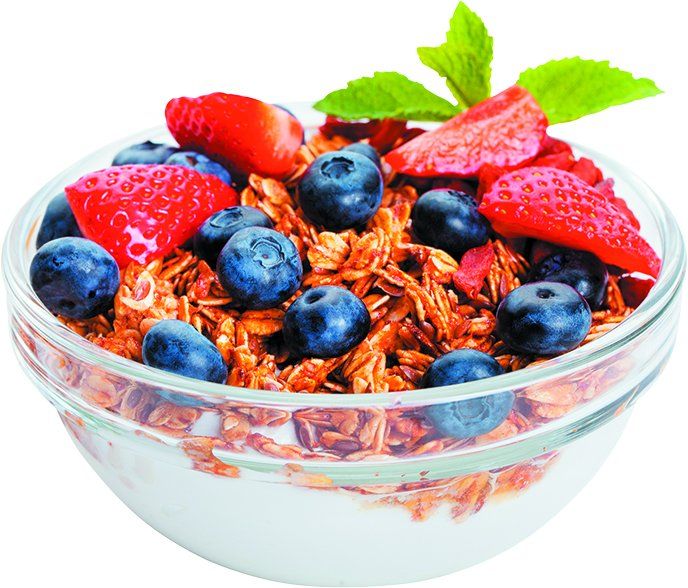Moderate Alcohol Intake May Help Preserve “Good” Cholesterol
For years we've heard that drinking wine and other alcoholic beverages in moderation may be good for our heart. The majority of alcohol's cardiovascular benefits have been attributed to its association with higher levels of HDL (good) cholesterol, which helps protect artery health. But how does alcohol affect your HDL over the long term, and does it matter what kind of alcoholic beverage it is?
Physical Activity Is Anti-Inflammatory
Physical activity is good for your heart, but why? A big reason may be its role in lowering inflammation.
Seeking Sustainable Protein Sources
Getting protein from insects and soy-based imitation meat instead of livestock are efficient ways to reduce our agricultural land use and harmful emissions (such as greenhouse gases), says a recent analysis in Global Food Security.
Diet Causing 300,000+ Annual Cardiovascular & Diabetes Deaths
We're often told to eat better to ward off risk of disease and dying early. In that effort, knowing which eating habits to focus on could be helpful. Findings from a new study in JAMA show the large potential impact of 10 dietary factors on Americans' risk of dying from heart disease, stroke or type 2 diabetes. These three conditions encompass the term cardiometabolic disease.
Benefits of the Mediterranean Diet
The Mediterranean-style diet has been drawing continued support in recent years along with a little cautionary advice. Is the Mediterranean diet healthful and safe-or is it elevated by hype?
Food Is Smartest Calcium Source
You shouldn't have to choose between the health of your heart and your bones. Yet, news headlines sparked by studies over the past decade have resulted in a lot of confusion about possible ties between getting too much calcium and an increased risk of heart attack. A new analysis in which scientists considered the evidence as a whole, however, provides reassurance: You can safely meet your calcium needs without putting your heart at risk.
When You Need Help Going
It's a bit of a taboo topic, but regular elimination of poo is a basic human necessity. Constipation can result in abdominal discomfort, bloating, hard stools, straining and hemorrhoids. Some people may turn to fiber supplements for help. That shouldnt be your initial approach though. Fiber supplements don't provide the good nutrition of fiber-containing plant foods important for overall health.
“Low” Doesnt Equal Healthy
Think a claim like "low sodium" or "low fat" means a food is healthy? Not necessarily. Scientists looked at more than 80 million food and beverage purchases over a four-year period made by more than 40,000 US households.
Does Canned Fish Have Less Benefits Than Fresh?
Canned fish products such as sardines and mackerel are good sources of omega-3 fat. Direct comparisons between canned and fresh fish are challenging because some of the difference in omega-3 content comes from variations in the fish, such as the exact species, what they eat, where theyre harvested and when, rather than canning per se. Regardless, an oily fish, including canned, is a much better source of omega-3 fat than a white fish like tilapia.
Don’t Stop at “5 A Day”
Eating five servings a day of fruits and vegetables is good, but 10 may be even better for your heart, according to a recent analysis of 95 observational studies.

























